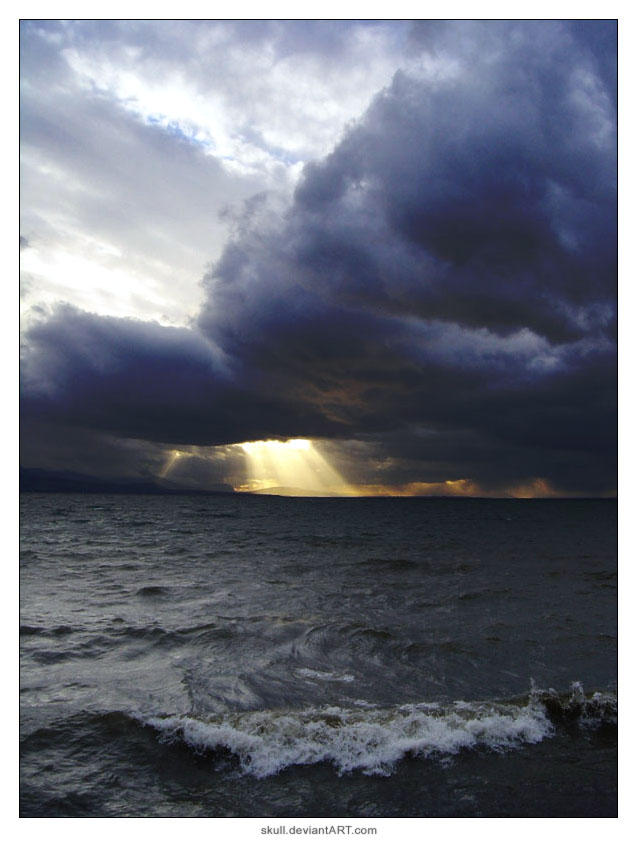People like me who did not know armed conflict cannot easily relate the experience of those who are in Syria, in Africa, or in the Middle East where powers are having their tug of war at the expense of the innocent and the defenseless. Now more than ever this world is in need of peace. Yet peace is such an ambiguous term so much so that some would say it is impossible to attain. For as long as man has the tendency for aggression there would always be conflict and war.
Yet as Christians we believe in peace. All throughout its pages the Sacred Scriptures speak of shalom. As Christians we have been offered that shalom. "Peace I leave with you, my peace I give to you," (John 14:27) is something very familiar to us as we hear it Sunday after Sunday. We have been offered the shalom of Christ. How are we to understand and experience real shalom?
The original peace (shalom) that existed in creation before the fall of man is a state of harmony of relationship between man and God, between man and himself, and between man and the created order. When sin entered the world, that peace was broken and Eden was taken away from man. But within humanity is that deep desire to return to that original peace and harmony. Within each of us is a longing of true and lasting peace.
One can see this in the way Filipinos describe the departed. "Nagpapahinga na siya." (He is already resting.) "Nakapahulay na gyud intawn siya." (Finally he finds rest.) These are statements we give to console ourselves of people who pass away. It is a universal longing that holds true in all societies all around the world. I remember an anecdote that described how during World War II, the French and German forces sang Christmas carols on a Christmas eve in the battlefield. The mystery of life is that there are moments even in suffering and war where peace can exist!
 |
| Photo credit: Eternal Struggle by Skull of DeviantArt.com |
Peace is not the absence of conflict. Politicians and philosophers cannot hope to find peace if their flavor of peace is Utopian. True peace, especially in Asian thought, is the capacity to exist between two opposing forces, the capacity for co-existence and dialogue, the capacity to bear with another. Jesus' peace goes beyond that. It is a peace that first purifies and causes division, calling one to a radical choice of loving and forgiving but at the same is inclusive and tolerant. It is a peace rooted in the love of God, impossible for man but possible through Christ.
To help us remember the original peace that was we remind ourselves of the Spirit of God that hovered over the primeval waters of chaos. While outside God was chaotic, was nothingness, within Him is the Spirit of peace. In our country beset by political and social concerns that have dragged on for decades leaving in its path innocent victims, we Catholics are called to hover over this chaos in the Spirit to influence it and shape it so as to form from our country the new Eden.

